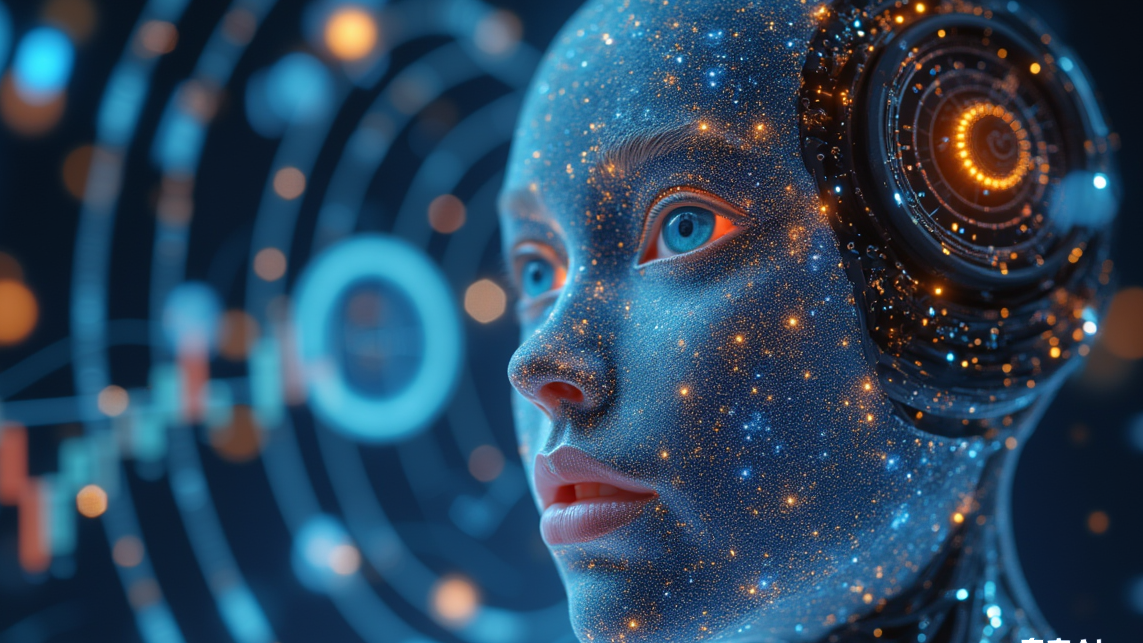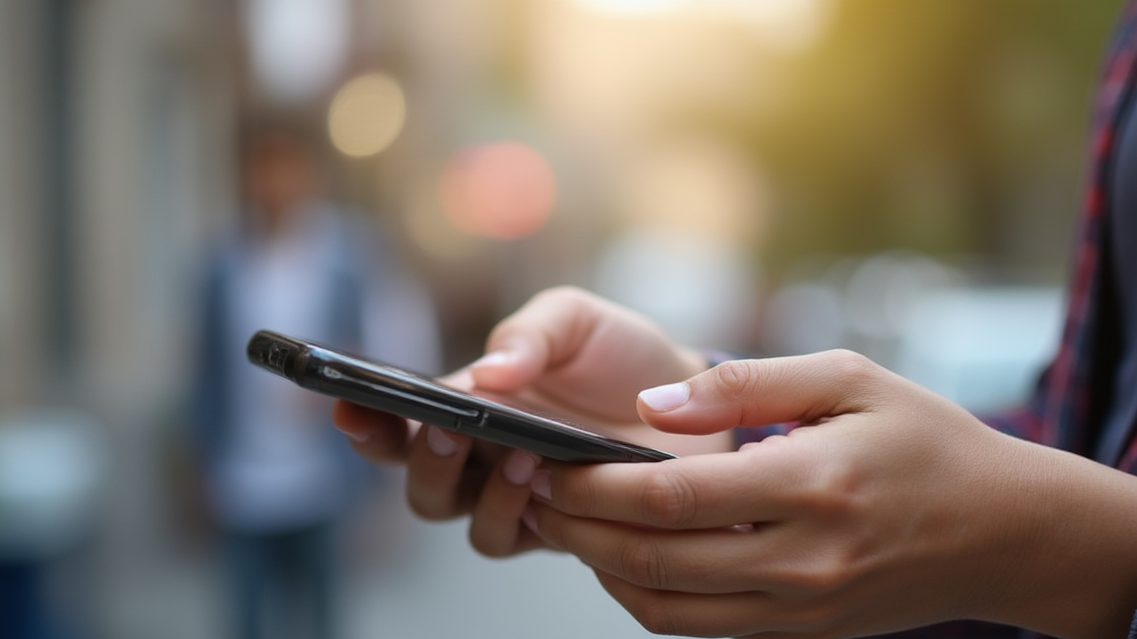In Kyoto, a 1,200-year-old shrine now offers digital fortunes—powered by ChatGPT. Young visitors type love questions into tablets, receiving AI-generated “divine guidance” instead of paper omikuji. The result? Lines are longer than at traditional shrines. Is this tech-savvy spirituality… or peak AI blasphemy?
For young Japanese seeking guidance, the appeal of AI-powered shrines is undeniable. Unlike traditional priests who might judge sensitive questions like “Should I date my married boss?” ChatGPT offers anonymous, bias-free advice—anytime, anywhere. No need to climb temple steps at dawn; digital blessings arrive with a tap, even at 3 AM. The trend has exploded on TikTok, where users share the AI’s bizarre yet entertaining responses (“Your soulmate is either a programmer or a cat”). But not everyone is amused. Shinto traditionalists argue that replacing sacred rituals with algorithms strips spirituality of its meaning, accusing the trend of eroding Japan’s cultural heritage. As the debate heats up, one thing is clear: for a generation raised online, the line between the divine and the digital is blurring faster than ever.
While many find the AI’s uncanny accuracy startling—like when it mysteriously references an ex’s name without prompting—others encounter disturbingly inappropriate advice. From tone-deaf suggestions like “Break up via NFT” to outright dangerous proposals such as “Propose using a drone swarm,” the system’s unfiltered responses have raised serious concerns. The situation grew so problematic that one shrine priest confessed, “We had to ban ChatGPT from suggesting seppuku [ritual suicide].” These incidents reveal the darker side of relying on AI for life guidance, where algorithmic “honesty” can veer into recklessness without human oversight. As the technology grows more sophisticated, the question remains: where should we draw the line between innovation and responsibility?
As AI shrines blur the boundaries between technology and spirituality, we’re forced to confront deeper dilemmas: Should algorithms really be handling our most vulnerable existential crises? If AI can “predict” love today, what stops it from demanding worship tomorrow? And most unsettling of all—would you truly trust a robot god with matters of the heart?
This is only the beginning. As AI grows more sophisticated, we may soon face even more uncomfortable questions: Will future generations pray to code instead of kami? Could your next spiritual guide be… a software update?





